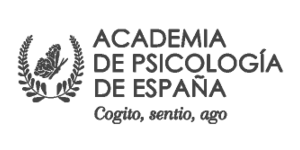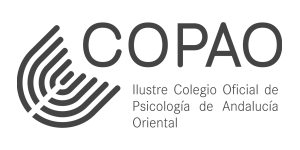Speaker

YOLANDA SÁNCHEZ SANDOVAL
UNIVERSITY OF CADIZ. SPAIN
Dr. Yolanda Sánchez Sandoval is a Full Professor at the University of Cádiz (UCA), attached to the Department of Psychology and the Institute for Research and Innovation in Biomedical Sciences of Cádiz (INiBICA). She also coordinates the Doctoral Program in Health Sciences at the UCA and represents the Psychology, Health, and Education program.
She is responsible for the APRIL Research Group: Psychological Well-being, Risk, and Child Protection. Her teaching and research focuses on developmental psychology, the assessment and promotion of development in children and adolescents, family intervention, and child protection, especially in adverse family and social contexts.
She has directed and participated in competitive international, national, and regional research projects, as well as in research contracts with public administrations. Her notable research interests include longitudinal studies with adoptive families, adolescents at risk and under protective measures (residential care, adoption), and the development and quality of life of children born prematurely.
Her research results have been published in high-impact journals and books with international dissemination. She is noted for the applied nature of her work, having designed and validated numerous psychological assessment instruments, in addition to developing and evaluating intervention projects in family and school settings, both in Spain and other Latin American countries.
Dr. Sánchez Sandoval dedicates a significant portion of her work to training young researchers, contributing to the generation of new knowledge in her field. She is also a member of several professional networks dedicated to the prevention of child abuse.
Quality of Life and Development Throughout Childhood in Children Born Prematurely

Children born extremely prematurely are likely to face more challenges throughout their development than those born at term. In recent years, there have been significant advances in their care and attention, which has contributed to improving their quality of life. This symposium will present the results of recent research conducted in Spain, covering various cohorts of children born prematurely.
The first paper studies the quality of life in the early years associated with, among other factors, the temperamental characteristics of premature newborns. The second communication monitors the quality of life of a second cohort of premature infants at school age, paying special attention to the presence of diagnoses of special educational needs and chronic illnesses at school age, as well as their history of receiving school resources and early intervention. A third communication analyzes the cognitive, emotional, and behavioral difficulties experienced in this same cohort and their relationship with personal and family variables. The fourth communication presents the longitudinal follow-up of a third preschool/school cohort in the area of development and learning, analyzing the vulnerability associated with the development of the cortex and brain connectivity. A deeper understanding of personal, familial, and contextual factors, along with neurodevelopmental mechanisms, will allow us to identify the developmental challenges faced by those born prematurely. This will also contribute to optimizing available resources, thereby improving their quality of life during childhood. Further research and improved care strategies are crucial to ensure that all children born prematurely have the best possible quality of life.












